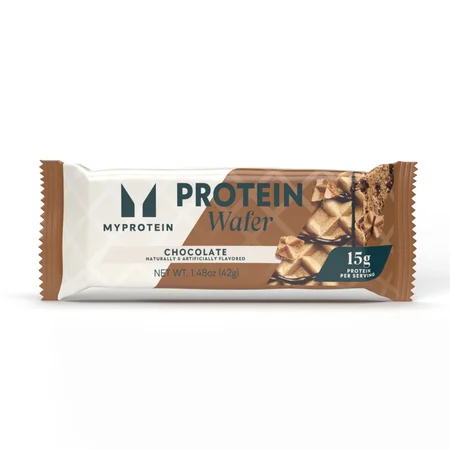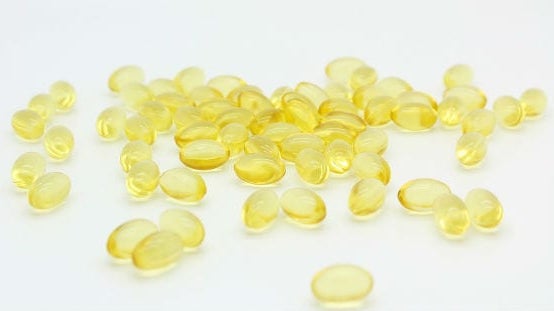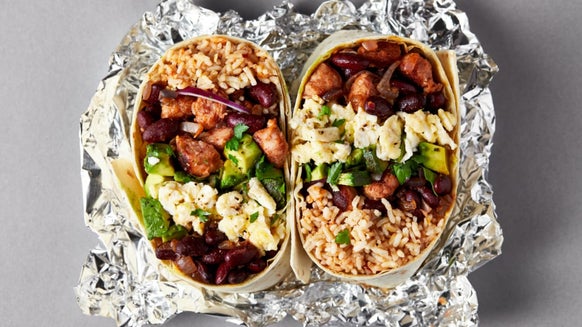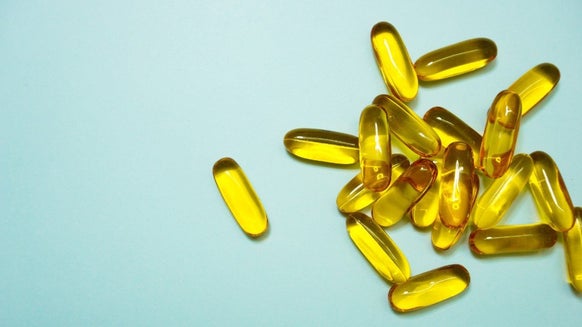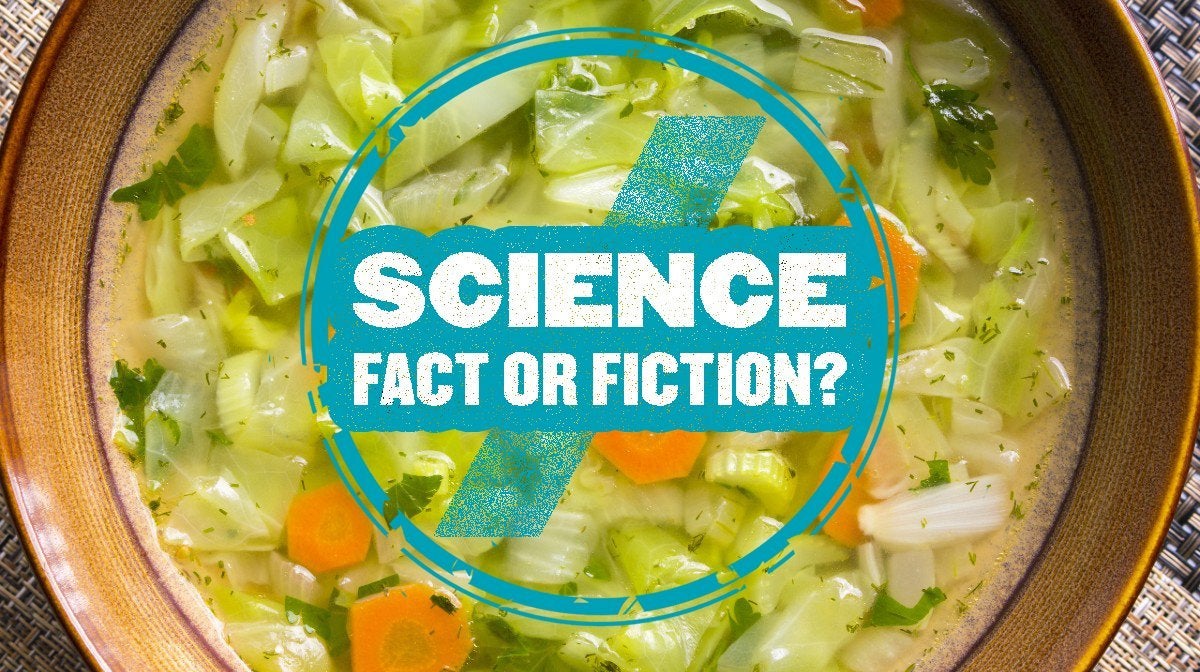
The GM diet is said to have been developed with help from the US Department of Agriculture and the FDA. The diet was designed as a 7-day very low-calorie diet which consists of mainly non starchy fruits and vegetables. Towards the end of the week, you may include some protein, grains and juices. As with any diet- lots of water is advocated for. The diet claims benefits such as ‘not leaving you feel like you’re starving’, ‘helping you achieve a complete body transformation’, ‘helping you rid your body of toxins’ and the list goes on.
The diet can supposedly help you lose up to 15lbs (6.8kgs) in just one week, get rid of toxins and impurities in your body, improve your digestion and enhance your body’s ability to burn fat.
But be warned, like the old saying goes – if it sounds too good to be true, it probably is. However, let’s give the GM diet an analysis weighing up the pros and cons, and give our take on it.

Which foods are permitted on the GM diet?
Here’s an outline of the diet structure:
- Fruit only. Eat any kind of fruit except bananas and mangoes
- Vegetables only, raw or cooked
- Limit potatoes to your morning meal
- Eat fruit and vegetables of any kind, except bananas
- Do not consume potatoes because the carbohydrates will be coming from fruit consumed
- Only bananas and milk allowed. Eat up to 6 large or up to 8 small bananas, and drink three glasses of milk
- The diet encourages you to drink skimmed milk, but doesn’t ban whole or 2% milk. At lunch, you'll consume one cup of cabbage soup
- You can eat portions of beef, chicken, or fish
- On this day you can have wonder soup, and power soup
- Any meat, beef, chicken, or fish, plus unlimited amounts of vegetables, but no potatoes, sweet potatoes, corn or peas
- Only brown rice, fruit, fruit juice, and vegetables
Any benefits?
As with all eating plans, it's important to look at the pros and cons. The GM diet
Drawbacks?
As with most ‘too good to be true diets’ there are drawbacks, and often many of them. Healthy weight loss happens at a rate of 0.5kg (1-2lbs) per week. So the fact that the GM diet promises a loss of 10 to 17lbs (4-8kgs) in the same time-frame is the ultimate red flag for a FAD diet.
The GM diet can have detrimental effects on your relationship with food and aid the cycle of dieting – which points to the fact that we restrict food intake, binge on those restricted foods because we can't restrict it anymore and then feel guilty and restrict again. And the cycle continues. Furthermore it categorises foods into good and bad. When we look at food as good or bad , we ultimately paint a picture in our head that the ‘bad’ food should be restricted which leads to us over thinking our food choices.
The GM diet has
We are under nourishing our body by only consuming the foods that the diet says. Protein, Iron , vitamin B12 an many other vitamins and minerals are avoided. These are vital to our bodies health and longevity. If you’re wanting to head into a state of malnourishment. Keep following this restrictive diet.
The verdict
Quick fixes sound appealing in the short-term but the damage long-term definitely needs to serve as a reminder for those wanting to embark on restrictive eating patterns. While losing a ton of kg’s in one week may seem appealing – you’re almost guaranteed to pack the kilos back on in the weeks to follow.
READ THESE NEXT:

 Jenaed Gonçalves Brodell is a well know Registered Dietitian (HCPC) and Sport Scientist. She is a fitness enthusiast and comes from a semi professional field hockey background. Her passion for sports nutrition and background in the sporting arena making her relatable to many amateur and elite sports personnel.
She has experience working for the NHS & in South Africa as a consultant dietitian. She provides evidence based, easy to follow, practical advice and guidance.She has experience in the Paediatric field specialising in sports performance for junior and adult athletes.
Her writing background comes from extensive researching throughout her career finding the most up to date information and translating it into easy to understand information for the public.
She shares information on her public instagram page @the_Athletes_dietitianUK on the latest in evidence based nutrition.
Jenaed Gonçalves Brodell is a well know Registered Dietitian (HCPC) and Sport Scientist. She is a fitness enthusiast and comes from a semi professional field hockey background. Her passion for sports nutrition and background in the sporting arena making her relatable to many amateur and elite sports personnel.
She has experience working for the NHS & in South Africa as a consultant dietitian. She provides evidence based, easy to follow, practical advice and guidance.She has experience in the Paediatric field specialising in sports performance for junior and adult athletes.
Her writing background comes from extensive researching throughout her career finding the most up to date information and translating it into easy to understand information for the public.
She shares information on her public instagram page @the_Athletes_dietitianUK on the latest in evidence based nutrition. 